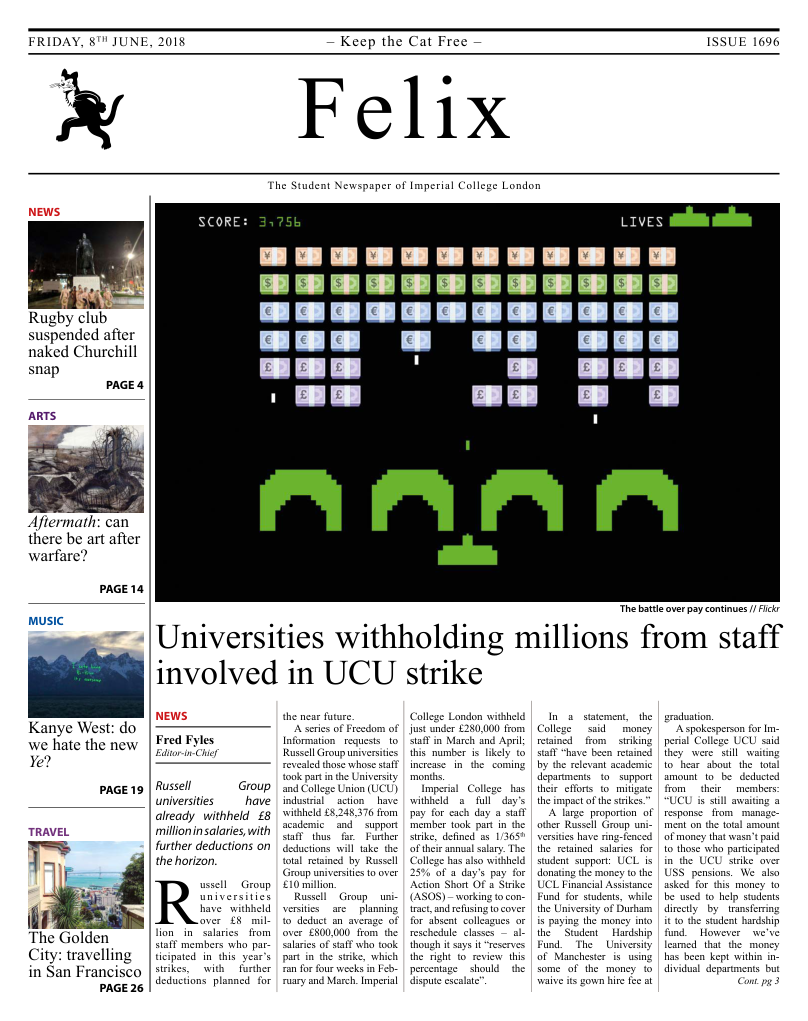Disoriental – A multi-generational study of identity
Négar Djavadi’s debut novel explores the history of a single family living through revolutionary Iran, mediating on how language can help carve a space of belonging.

The father of a friend of mine has a story about growing up between cultures. Born in England to a Greek-Cypriot family, he lived in London until he was a few years old, before going to Cyprus for about six months. Surrounded by family members, all chattering away in Greek, the English he had managed to pick up in his first few years of being verbal vanished, to be replaced by the language of his extended family. When he returned to London, he needed to relearn English all over again; at this young age, he was made aware not only of how he was viewed as ‘foreign’ by fellow children and parents, but also how language can delicately tie you to a sense of time and place.
This anecdote was what came to mind when reading Négar Djavadi’s debut novel, Disoriental. First published in 2016 in French, it has now been translated into English by Tina Kover for Europa Editions; this translation adds another layer of meaning to a novel already steeped in questions of belonging and history. Disoriental is a story about identity, or – rather – the effects of a lack of identity.
The central character is Kimiâ Sadr, one of three sisters born to a family of intellectuals living through the tumultuous Iranian revolution. We open the novel with her sitting in a fertility clinic in Paris, awaiting the results of tests; in the quiet of the waiting room, she begins to float back through her own memories, exploring the story of her family, tracing its generations. There’s more than a hint of magical realism in Djavadi’s descriptions of the Sadr family, which reaches far back into the history of Iran. We have children born in harems, regressive sky-blue eyes marking out genetic lineage, multi-generational conflicts, and a set of six brothers spread across the globe. It’s dizzying, brilliant stuff, but Djavadi manages to keep a tight enough hand on the plot to prevent it spiralling out into absurdity.
Djavadi is particularly good at balancing the surreal with the real. Her heady descriptions, which have a mystical air, are kept grounded by references to the real-world turmoil going on around them: on one page, she’ll build up the image of Kimiâ’s mother Sara and her neighbour as fated twins – “The children had the comforting sense of having to mothers…one brunette mother, Sara, who worked and knew how to console and to listen; and another, who varied between chestnut, blonde, and sometimes red hair, Big Mina, who didn’t work and who organised games and enormous afternoon snacks.” – and then undercut this with a direct reference to the impact of American oppression on Iranian culture. “Imperialism is no joke!” Djavadi says with a sly grin.
“There’s more than a hint of magical realism in Djavadi’s descriptions of the Sadrs”
In this sense, Disoriental reminded me most of some of the best work of Salman Rushdie and Isabel Allende, which balanced political seriousness with the impossible lightness of magical realism.
Of course, we know from the off that Kimiâ has now made it to Paris, and left her homeland behind, unable to return, meaning the grounding work Djavadi does with her family narrative makes the point of departure that much harder. Djavadi draws on her own life in these sections, having travelled across the Kurdistani mountains with her sister and mother, after her family opposed the Khomeini regime.
Once the family make it to Paris, Djavadi magnificently explores how language not only allows for communication, but allows for identity. Kimiâ is “confronted by a world that I could see and touch but didn’t know how to talk about” – robbed of the means of describing words “from peaceful lives, lives that belong to the people living them.” Depression, for Kimiâ, is a word “whose meaning I finally understood in Paris”, highlighting both the isolating effect of becoming the ‘other’, and the way concepts don’t always translate between languages.
Kover, however, has done well to bring Djavadi’s vivid prose to the English language, which is studded with brilliant imagery, like a clove studded orange: at the clinic an intern “tosses a name into the damp, stuffy air of the waiting room and disappears”, while her blue clothing “accentuates my olive skin and makes me look like an overripe eggplant.”
Structurally, the novel has a couple of issues. Djavadi spends so much time describing previous generations of the Sadr family, that the present becomes like a reverse black hole: as we get closer to it, things start to speed up. Kimiâ’s life after the family’s move to Paris seems truncated, with vast swathes seemingly lost or looked over. Similarly, towards the beginning of the novel Djavadi establishes a series of questions that need to be answered by the end of the book – they all are, but mostly right at the end of the book, giving the impression they were an afterthought.
For a debut novel, Disoriental is hugely impressive. It’s a bold, imaginative piece of work, one that – in its interrogation of what we mean by identity and belonging – leaves us enriched on the other side.










